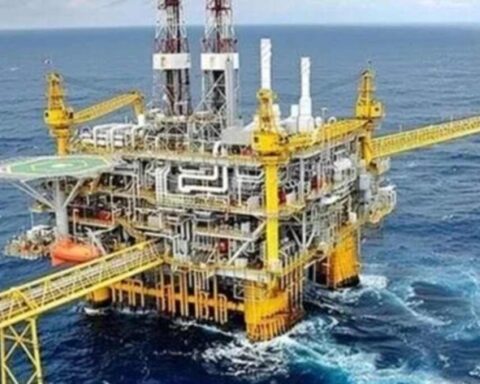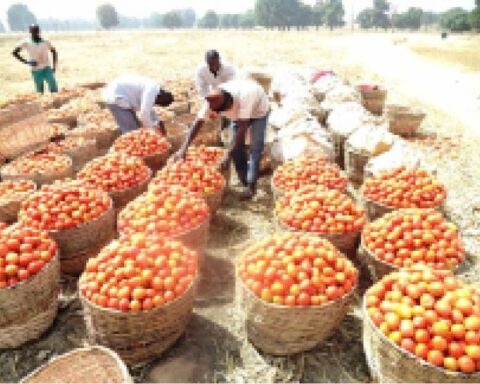According to a report by S&P Global Commodity Insights, Dangote Group is preparing to commence crude oil production from its two Nigerian oil assets by the fourth quarter of 2024.
After months of challenges related to crude supply, the company is now seeking a floating production, storage, and offloading (FPSO) vessel with a capacity of 650,000 barrels of crude to kickstart the process.
Dangote Group holds an 85% stake in West African E&P Venture, which owns a 45% working interest in the oil blocks, while the Nigerian National Petroleum Company (NNPC) holds the remaining 55%. The oil blocks, located in shallow waters 22 km from the Bonny terminal in the Niger Delta, contain the Kalaekule and Koronama oilfields. These fields were first discovered in 1966, and production initially began two decades later under Shell, peaking at 21,000 barrels per day in 1999 before declining in 2003.
Despite the drop in production, the oilfields still hold an estimated 300 million barrels of recoverable oil and 2.3 trillion cubic feet of natural gas.
According to Commodity Insights, production at the oil blocks could begin by 2026, potentially reaching 43,000 barrels of oil equivalent per day by 2036.
Dangote’s upstream oil operations are rarely discussed, but the imminent production at OMLs 71 and 72 is expected to provide a steady supply of crude for the Dangote Refinery.
The $20 billion refinery, which started operations in January 2023, faced initial challenges in securing Nigerian crude oil, forcing it to import WTI Midland crude from the U.S.
This sparked tensions between Dangote on one hand and the NNPC, international oil companies and Nigerian regulators on the other.
Originally, NNPC had agreed to supply 300,000 barrels of crude per day in exchange for a 20% stake in the refinery, but its stake was later reduced to 7.2%.
Despite these setbacks, the refinery is now on track. In September, that is last month, it activated its residue catalytic cracker, which is expected to stabilize and allow for high-volume gasoline production by October.
The refinery, which aims to end Nigeria’s reliance on imported refined products, has already begun producing petrol, diesel, jet fuel, and naphtha for both domestic use and export markets.
As the refinery moves closer to full operational capacity, Dangote’s efforts to secure crude oil production will be crucial in ensuring its long-term success.
Data from S&P Global Commodities at Sea shows that Dangote received close to 200,000 barrels per day of Nigerian crude in September, and has not imported U.S. crude since mid-July.



























